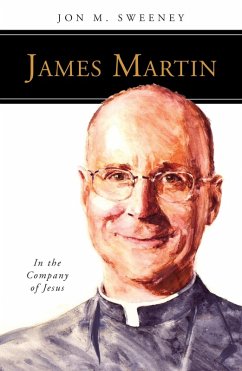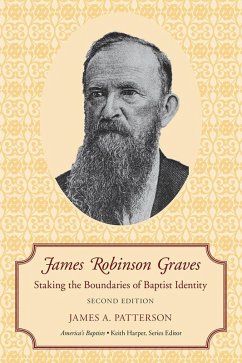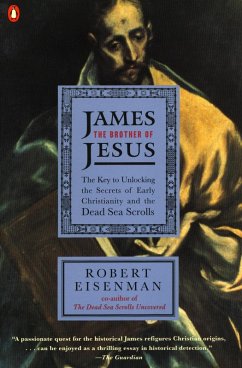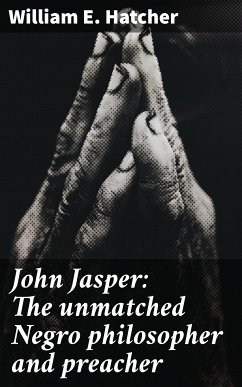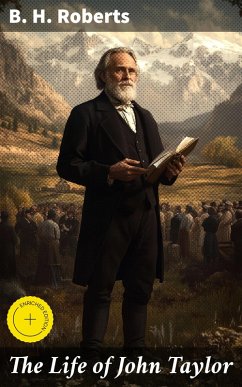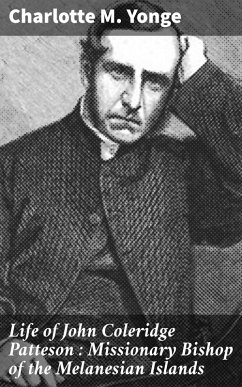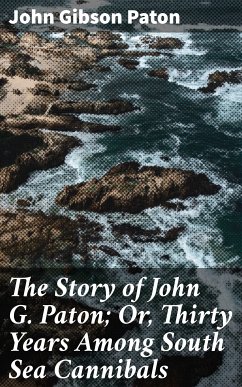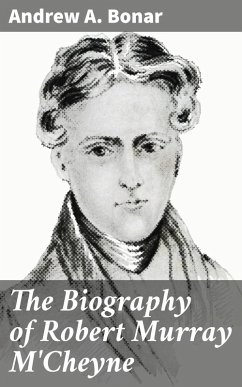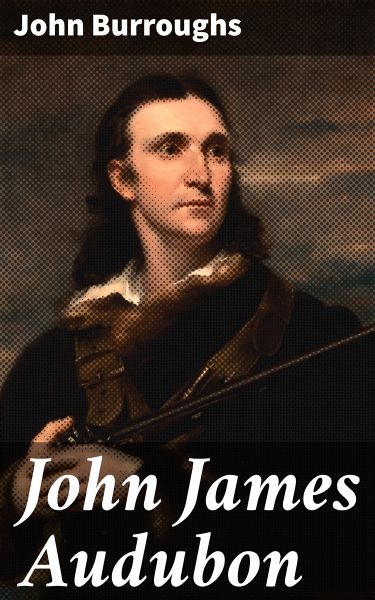
John James Audubon (eBook, ePUB)
Capturing the Beauty of Birds: A Tribute to Audubon's Legacy

PAYBACK Punkte
0 °P sammeln!
In "John James Audubon," John Burroughs delves into the life and legacy of the renowned naturalist and painter, whose vibrant illustrations of American birds transformed the field of ornithology and natural history. Burroughs employs a lyrical and evocative literary style that captures the essence of Audubon'Äôs passion for the natural world, weaving in biographical anecdotes and reflections against the backdrop of 19th-century America. This work stands as a significant contribution to the environmental literature of its time, illustrating the interconnectedness of art, nature, and science t...
In "John James Audubon," John Burroughs delves into the life and legacy of the renowned naturalist and painter, whose vibrant illustrations of American birds transformed the field of ornithology and natural history. Burroughs employs a lyrical and evocative literary style that captures the essence of Audubon'Äôs passion for the natural world, weaving in biographical anecdotes and reflections against the backdrop of 19th-century America. This work stands as a significant contribution to the environmental literature of its time, illustrating the interconnectedness of art, nature, and science through a personal lens that enhances our understanding of Audubon'Äôs enduring impact on American wildlife conservation and aesthetic appreciation of nature. John Burroughs, an esteemed naturalist and essayist, was deeply influenced by the transcendentalist movement and his own lifelong fascination with the natural world. His experiences wandering through the American wilderness provided him with a unique perspective on nature, which is evident in his admiration for Audubon'Äôs artistry and dedication to the documentation of avian species. Burroughs, often regarded as a precursor to modern nature writing, was inspired by Audubon'Äôs adventurous spirit and commitment to capturing the beauty and complexity of wildlife. This compelling biography is not only a tribute to John James Audubon but also a profound exploration of man'Äôs relationship with nature. Scholars, nature enthusiasts, and casual readers alike will appreciate Burroughs'Äô ability to portray Audubon'Äôs significant contributions while reflecting on the broader implications of his legacy in today'Äôs ecological discourse. This book is highly recommended for anyone seeking to deepen their understanding of the intersections between art, nature, and the human experience.
Dieser Download kann aus rechtlichen Gründen nur mit Rechnungsadresse in A, B, BG, CY, CZ, D, DK, EW, E, FIN, F, GR, H, IRL, I, LT, L, LR, M, NL, PL, P, R, S, SLO, SK ausgeliefert werden.




